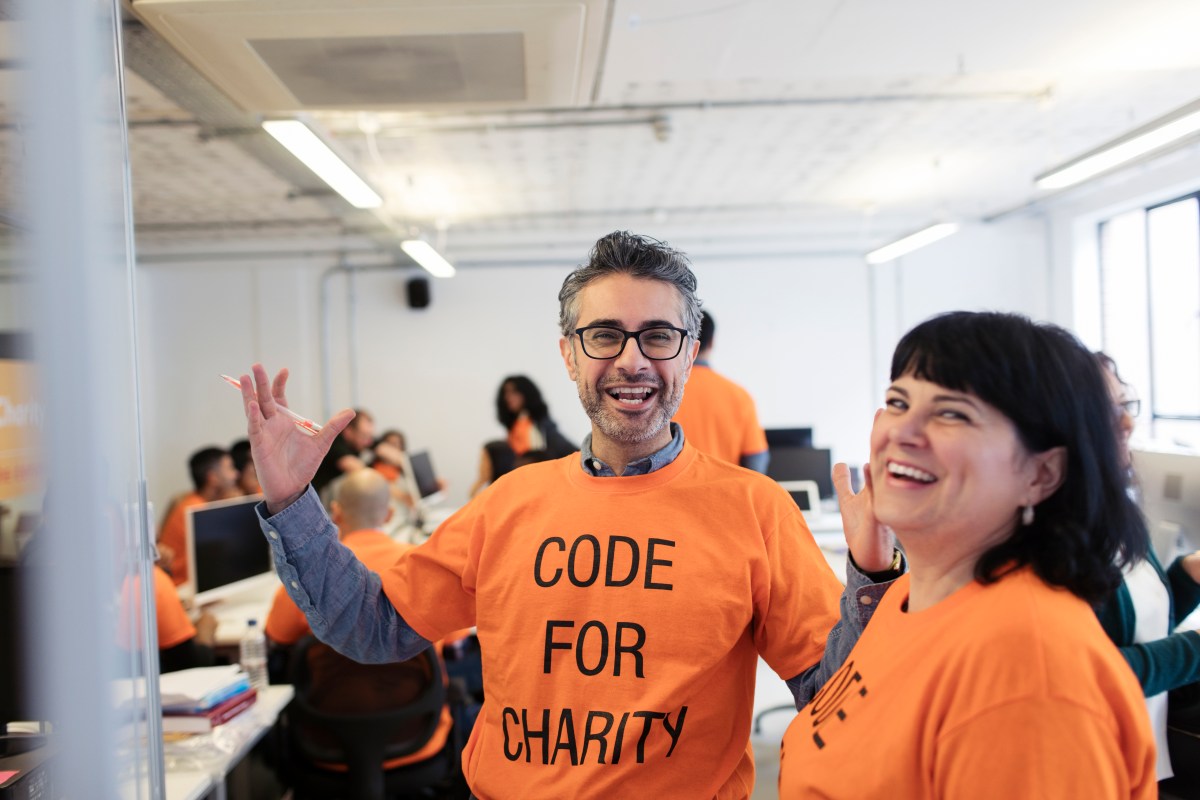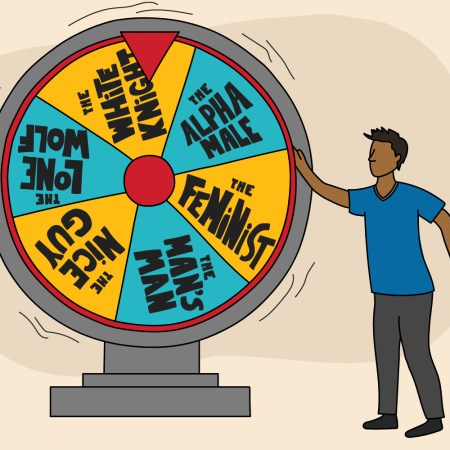Most dating apps now have designated profile categories where you can see a potential match’s religion, political views and even their thoughts on children and what they’re looking for in a relationship (marriage, monogamy, “something casual,” etc.). What they don’t include, however, is which philosophical camp users identify with when it comes to issues of morality — whether their moral decisions align more with, say, deontological or consequentialist views. If you even know what those terms mean without Googling them, you probably thought you’d left them behind in your college philosophy course, but it turns out that’s exactly the information you want to know when picking a partner.
According to recent research from neuroscientist Molly Crockett at Yale University’s Crockett Lab, people tend to strongly favor deontologists over consequentialists when choosing friends and romantic partners. The various studies studies surveying people’s preference for certain kinds of moral agents revealed that when it comes to forming close relationships, people see deontologists as more moral and trustworthy than consequentialists.
Okay, so let’s go back to that intro philosophy course from college for a sec. Deontologists are what you might think of as your average, decent person. They believe people have moral obligations to prioritize the needs of those close to them, like friends and partners. Consequentialists, meanwhile, believe that everyone should benefit equally from good actions, making it immoral to prioritize friends and family over strangers when it comes to making decisions.
It might seem like a consequentialist is a more objectively moral person, the kind of person, in theory, you’d want to befriend. But take this example from Vox: you and your partner have saved up enough money for a trip to Hawaii, but your partner insists you donate the money to charity instead. That kind of blind altruism may not actually be the kind of morality you’re looking for in a life partner.
Ultimately, when looking for a spouse or friend, we obviously want someone who will prioritize their partners over a complete stranger. Essentially, we want to date moral people, but only as far as that goodness benefits ourselves. This doesn’t exactly reflect well on our own morality, but at least you don’t have to put it in your Hinge profile.
Editor’s Note: RealClearLife, a news and lifestyle publisher, is now a part of InsideHook. Together, we’ll be covering current events, pop culture, sports, travel, health and the world. Subscribe here for our free daily newsletter.
Whether you’re looking to get into shape, or just get out of a funk, The Charge has got you covered. Sign up for our new wellness newsletter today.

















